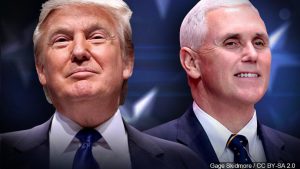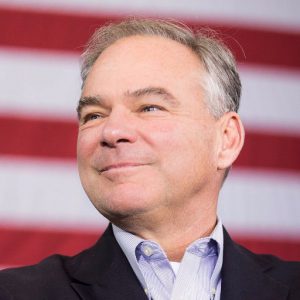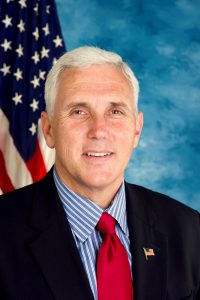Throughout class discussion and assigned readings, we have learned that new communication technologies widely influence how candidates campaign today versus in the past. The influence the Internet and social media now have on political campaigns is massive and it carries tremendous weight and influence over the electorate as well. As “the Internet ranked among the top sources of campaign information” for the “first time during the midterm elections of 2006,” the use and leverage of such mediums and networks by political candidates has only grown since as the opportunities for campaigns to reach specific audiences have been targeted through this relatively new campaign strategy (Political Campaign Communication).
I decided to look at the social media platforms vice presidential candidates, Tim Kaine and Mike Pence are using for several reasons. I want to see how they are using it and analyze further what the use of may or may not being doing for their campaigning alongside the presidential candidates. Part of my reasoning for this is because we have also discussed so much in class the importance of social media campaigning with millennials specifically.
Tim Kaine
Facebook: @timkaine || 209,428 people like this page
Twitter: @timkaine || 386,000 followers
Instagram: @timkaine || 66,200 followers
Mike Pence
Facebook: @mikepence || 807,287 people like this page
Twitter: @mike_pence || 477,000 followers
Instagram: @mike.pence || 177,000 followers
If the above number of followers each vice presidential candidate has determined the outcome of the election, Pence would surely win alongside Donald Trump. However, what does this really mean? Does it mean that one candidate is just better at using such platforms? Does the engagement truly affect the election? It will be interesting to see what the outcome tonight is and consider this after the winning ticket is determined.
Looking at follower amounts, Pence has well above the number of followers Kaine has on each social media platform. However, in the grand scheme of things, it is important to point out that this isn’t that many people at all considering the number of people registered to vote in the United States. If social media is used to target millennials more so than other audiences, is that who mostly follows these candidates? Studies show that Twitter specifically has changed the landscape of the campaign. However, other studies show that millennials are using Twitter less than other platforms such as Snapchat and Instagram so why do you think the candidates have more followers on Twitter than Instagram? Do you think that these followers are mostly millennials?
Sources:
http://www.cio.com/article/3125120/social-networking/how-social-media-is-shaping-the-2016-presidential-election.html
http://www.forbes.com/sites/jefffromm/2016/06/22/new-study-finds-social-media-shapes-millennial-political-involvement-and-engagement/#4e789b8915de
http://www.huffingtonpost.com/r-kay-green/the-game-changer-social-m_b_8568432.html
http://www.socialmediatoday.com/social-business/adhutchinson/2015-08-12/facebook-instagram-snapchat-most-popular-networks-among

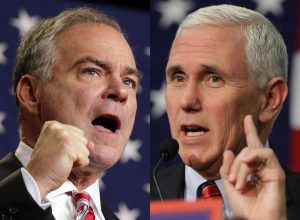
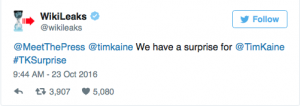
 and their relationship with the president at the time. It seems that their communication once elected into office is actually more internal as they act as the preceding officer of the Senate. As their main power is the ability to cast votes responsible for tie-breaking decisions among the Senate, their main communicative function is to understand the people and support the best decisions for them while presiding over the Senate to make those tie-breaking decisions based on the communication of the people and what may be best for them.
and their relationship with the president at the time. It seems that their communication once elected into office is actually more internal as they act as the preceding officer of the Senate. As their main power is the ability to cast votes responsible for tie-breaking decisions among the Senate, their main communicative function is to understand the people and support the best decisions for them while presiding over the Senate to make those tie-breaking decisions based on the communication of the people and what may be best for them.